By Dr. R. Balasubramaniam
The recent Deepavali festival saw the Government of Karnataka vacillate between wanting to ban firecrackers and not wanting to ban it. Chief Minister B.S. Yediyurappa initially announced that his Government was considering a ban but went back on this a few days later.
The expert committee for managing the COVID pandemic constituted by the Government used science and evidence to prevail and the Government finally issued ban orders against using the regular firecrackers but permitted the use of green crackers. As with many other similar situations, the orders were neither here nor there. Seeing through this shoddy approach, the High Court of Karnataka asked the Government to first clarify what was meant by ‘green crackers’ and asked it to issue implementable guidelines regarding the same.
It is easy for one to conclude that the policy-maker was confused and possibly inconsiderate and not worried about the consequences of the rising number of COVID cases. One could also infer that the forces affected by the ban on firecrackers were powerful enough to lobby with the powers that be and ensure their business remained reasonably unaffected. Or, was the Government worried about the political fallout that may have emerged from taking decisions that could potentially hurt the religious sentiments of people. While all this could be mere conjectures, we need to ask ourselves why policy-making in such situations is never going to be easy.
Let us begin by presuming the Government has the best interest of the people in mind and bureaucratic policy-makers understand the implications of implementing good or bad policies. One also needs to appreciate that the decision-makers cannot fully ignore the challenge of being rational while at the same time responding to people’s sentiments, and ensuring the governance obligations of the State are preserved.
Why then do such decisions get taken? Is it appropriate to simply blame the Government for taking decisions which on the surface seems mindless. Or, should citizens understand that science should precede religious expressions and behave in a rational and socially conscious manner. Whether it is wearing masks, following traffic rules or conserving water, the Government can only ensure policies that keep the interest of communities and their welfare in mind. Unless citizens are aligned to see personal protection and well-being in public regulations that are framed, such policies are going to be always contentious and difficult to ensure compliance.
How then should policies be framed? How can one ensure that a policy produces net public value? Any policy needs to necessarily pass through three filters. The first filter is asking whether the policy framed is based on evidence and if it is technically sound and viable? In this case, there has been enough global evidence to show that the number of COVID cases in a region rises if the pollution level goes up. And it does not need an expert to tell us that firecrackers cause air and sound pollution.
The next step would be to ask whether implementing such a policy would be administratively feasible. Are the resources (financial, legal, technical, personnel, managerial) necessary to enforce the ban available or realistically obtainable in the short of period of time that was there? Taking the example of banning regular firecrackers and permitting green crackers two days before Diwali shows how this decision was administratively impossible to implement. It is no secret that one could easily procure regular firecrackers in the open market and several people went about bursting them with no regard for personal or public health or safety.
The third filter is to ask the question if the policy is politically sustainable. This means that the stakeholders whose support is required to comply with the ban endorse it and believe in its operational feasibility. Banning firecrackers without preparing the dominant religious community adequately ahead of time is not a politically sustainable solution in these days of religious polarization and political exploitation of religious sentiments. What the Government needed to do was to consider taking a clear decision far ahead of time preparing not just the public, but also the vendors and the implementing machinery to enforce the ban.
In democratic societies where people’s aspirations are a major electoral concern, it is natural for the State to pamper people’s demands. Whether it is giving doles or power subsidies, the Government assumes and articulates people’s needs without a proper assessment of the same. The general contention is that politicians understand the pulse of the people and are perfectly capable of articulating them. This may not be completely true, and Governments need to setup and cultivate authentic and reliable channels for citizens to communicate their voices. The recent attempt by the Ministry of Finance of the Government of India seeking inputs from the general public for the Annual Budget of 2021-22 is a good example of this.
Citizens also have to appreciate the occasional contradictory demands of enjoying one’s ‘Personal Rights’ Vs fulfilling one’s ‘Social and Civic Responsibilities’. While it is easy to demand the right to burst crackers as a symbol of religious expression, we also have to bear in mind the responsibility towards personal and public health. One cannot lose sight of the fact that the expenses incurred on treating thousands of COVID patients in public facilities is being done so from taxation revenues that the common man is contributing. Finally, it is in the public’s economic interest that one does one’s bit for reducing the number of COVID cases and advocates for implementable and sound policies from the Government of the day to facilitate this.
Dr. R. Balasubramaniam, the founder of Swami Vivekananda Youth Movement and GRAAM is a public policy advocate and development activist. He is a visiting professor at Cornell University and IIT-Delhi. He can be reached [email protected]



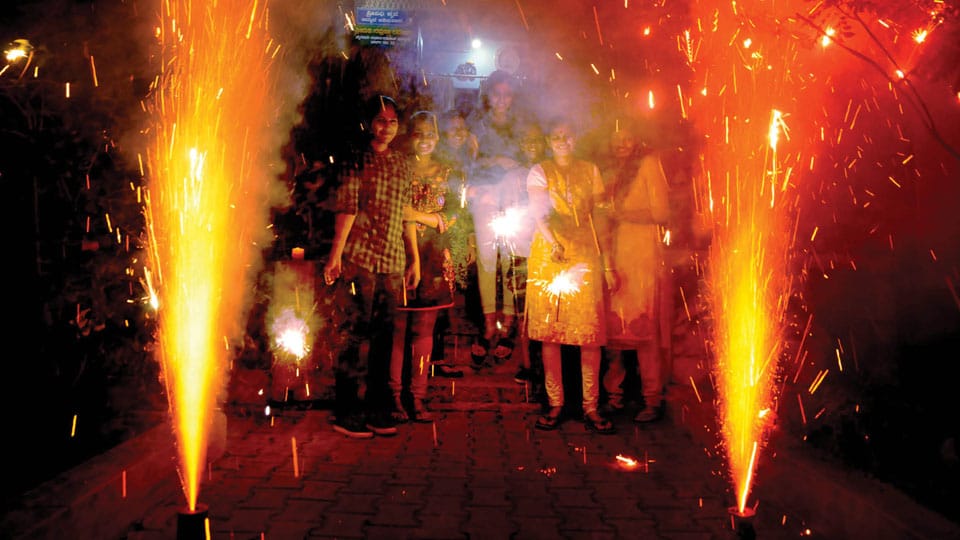
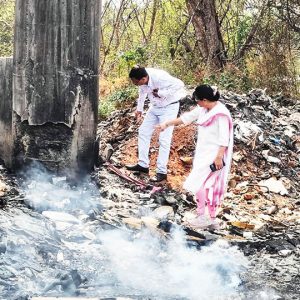
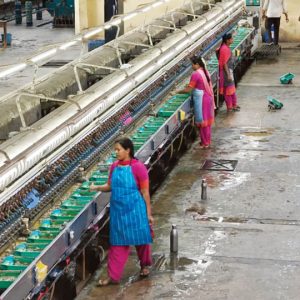
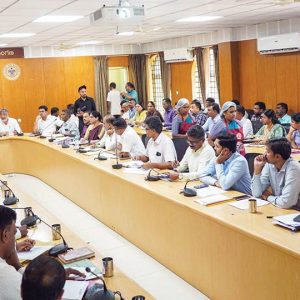
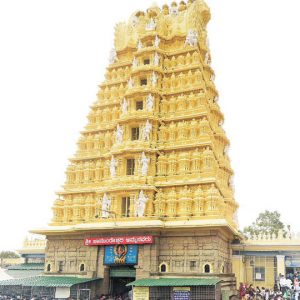
Recent Comments